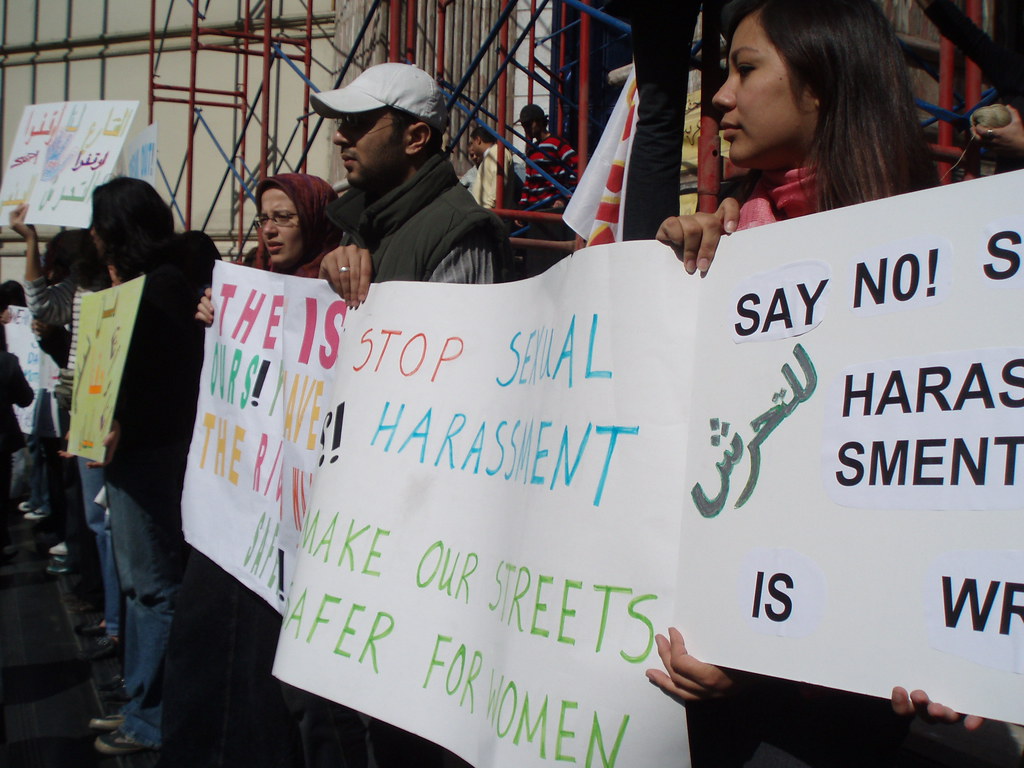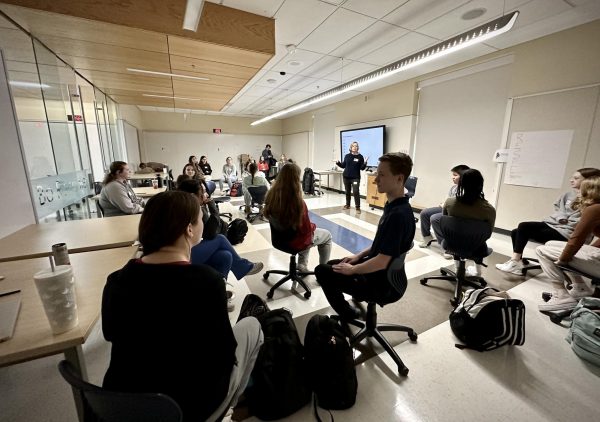Girl Up’s Profound “Discussion on Gender Equality”
March 31, 2021
On Thursday, March 25, students met through the Girl Up club for “A Discussion on Gender Equality.” The meeting was led by Girl Up Teen Advisor Angelina Perez.
The meeting drew local participants as well as Girl Up members from LA, the British Virgin Islands, Syracuse, and Washington D.C.
The discussion started with the simple question, “How have you been impacted by sexism or misogyny?”

Quickly, the floodgates opened and girls shared deeply personal stories.
Speakers described feeling uncomfortable around friends that made inappropriate sexist jokes, experiencing comments that invalidated their academic achievements because they were girls, and being harassed over social media for posting pictures of themselves.
The conversation brought home the profound impact of “little actions” on women’s confidence and representation in society.
In addition, the recent statistic that 97% of women aged 18-24 have been sexually harassed was discussed, and many people in the meeting agreed that they had experienced some form of sexual harassment.
“I never thought I would be part of a statistic,” remarked a speaker.
Although sexual harassment is often perceived as just sexual comments, it also comes in other forms such as pressuring someone to send sexual photos or sending without consent, making inappropriate jokes, and invading somebody’s boundaries such as through repeatedly asking them out.
Several speakers had been sexually harassed by a friend or someone close to them.

“I had a friend tell me that no guy would want to be friends with me unless I had sex with them,” shared a speaker.
Others mentioned that they had heard these types of comments at ages as young as elementary and middle school, making them feel uncomfortable in their bodies before they understood that it was not their fault.
Past school dress codes and teacher comments have increased this feeling by labelling girls’ clothes as “sexual” at a very young age.
Angelina Perez commented how these stories connected to “The importance of educating men rather than punishing women for their own bodies.”
Sexist culture has caused girls to be put down for either fitting in to “feminine” standards or rebelling against them.
“You can’t like anything girly because then you are basic but you can’t like anything masculine or you are trying too hard to ‘impress men,’” explained senior Savannah Devlin.
Junior Sophia Francisco agreed, saying, “It’s really frustrating to try to fit into a box, but you don’t even know what the box is.”
Sexism has also impacted boys in the community, as was brought home by speakers who described hearing their brothers told to “man up” and not cry, words that can be deeply hurtful and invalidate boys’ emotions.
Throughout the discussion, participants showed incredible support for one another, encouraging speakers who shared personal stories and making everyone feel welcome to open up.
Hearing the stories of students from both the Franklin community and from across the country drives home the importance of continuing to have these discussions and educate one another so that everybody feels safe to be themselves, regardless of gender.
















